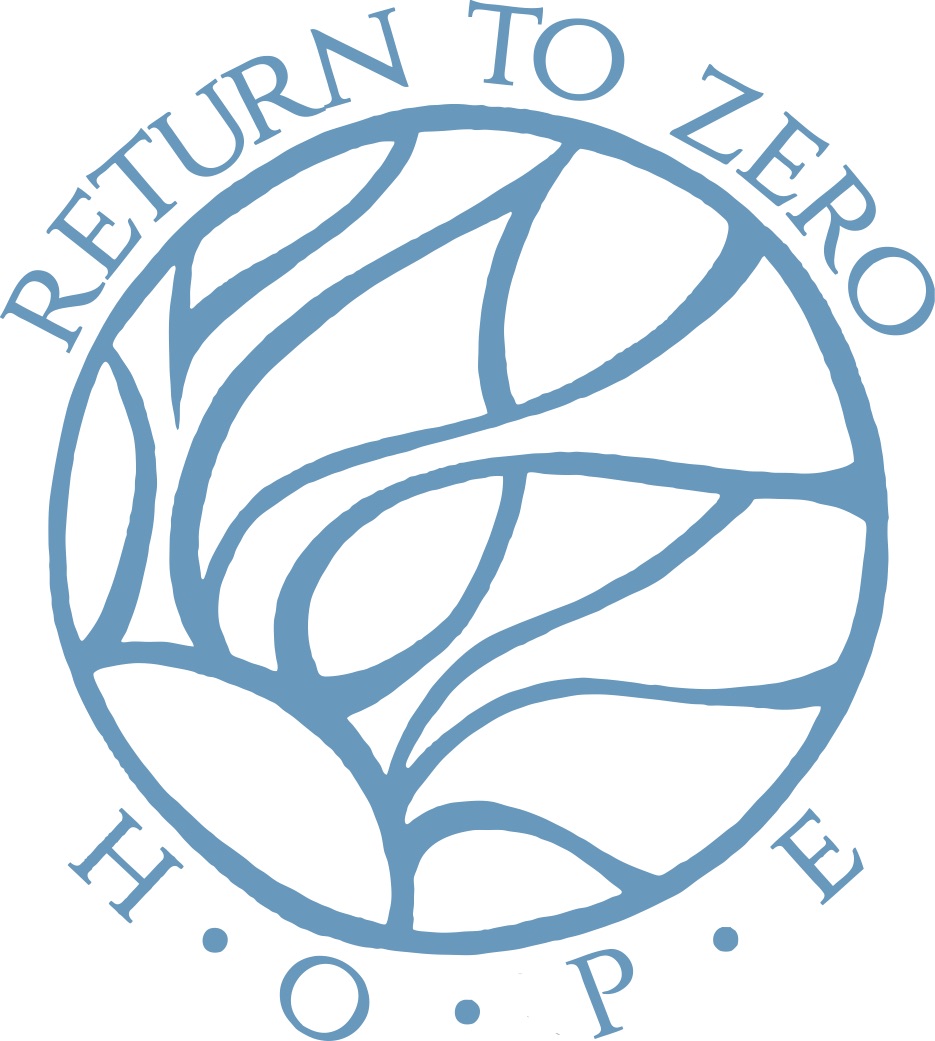Fathers Grieve, Too
Infertility, miscarriage, ending a wanted pregnancy, stillbirth, or infant death impact fathers in different ways.
If a pregnancy did not end in the birth of a live infant or if a newborn passed in infancy, fathers need to process their experience and be supported to grieve in their own unique way after this heartbreaking loss.
*We note that this page uses the words “man,” “men,” or “father.” This is not intended to be exclusionary. We recognize that different categories of people, including cisgender men, cisgender women, transgender women, and people who are non-binary, will identify as “partner” and have created a page on Partner’s Unique Grief here.
FATHERS OFTEN EXPERIENCE DELAYED GRIEF…WHY?
Focus is usually on the mother
Male partners tend to assume a supportive role and neglect their own grief
Societal pressure to act strong
Stigma, which may prevent men from talking about their own feelings of grief and loss
Lack of recognition of father’s grief
Limited outlets for expression of father’s grief
SIGNS OF GRIEF AND TRAUMA IN MEN
Flat affect/lack of emotion
Irritability
Anger
Lashing out
Hyperfocus on work as distraction
Self-blame
Lack of focus and motivation
Isolation
Impulsiveness and taking risks, like reckless driving or extra-marital affairs
Substance abuse
Suicidal thoughts
WHAT CAN BE HELPFUL WHEN YOU’VE EXPERIENCED A LOSS?
Individual counseling - create space to process your own emotions
Couples counseling - can improve communication and help you better understand your partner's journey
Connecting with your partner (mutual massage, 2-minute hug, couples yoga)
Seeking social support (pre-existing social networks or faith communities)
Attending a bereavement support group
Spending time outdoors
Exercising regularly
Getting enough sleep
Eating nutritious foods
Setting time limits and boundaries for work
BASIC FACTS ABOUT PATERNAL MENTAL HEALTH
Postpartum depression affects 10-25% of dads, regardless if there is a live baby.
24-50% of male partners of women with postpartum depression report depression themselves.
Up to 18% of male partners report postpartum anxiety.
Prior history of depression/anxiety puts fathers at a higher risk of developing postpartum depression/anxiety.
After birth loss or trauma, men have the same risk of developing PTSD as their partners.
Additional Support for Fathers
Every father’s experience is different. The resources below are not created or facilitated by Return to Zero: HOPE, but may be helpful as you explore what support feels right for you.
Websites:
Grieving Dads
Love Comma Dad
Missing Pieces Men’s Support
Sad Dads Club or their IG page
Podcasts:
Guys and Grief Podcast
MenTalk: The Podcast
MILES: Men, Infertility, and Life Experiences
Books:
Men and Miscarriage: A Dad's Guide to Grief, Relationships, and Healing After Loss
Holding Onto the Light: A Father’s Journey Through Loss and Healing

